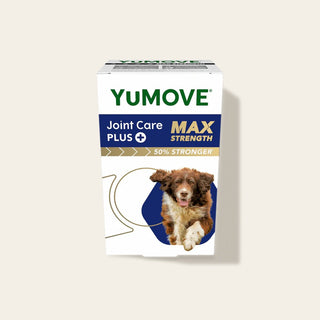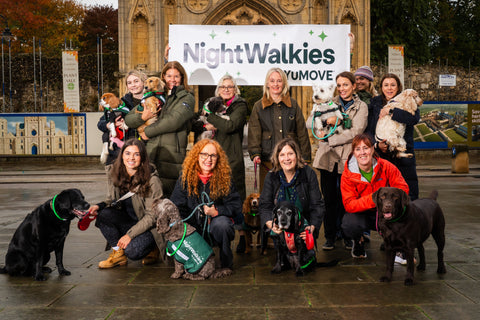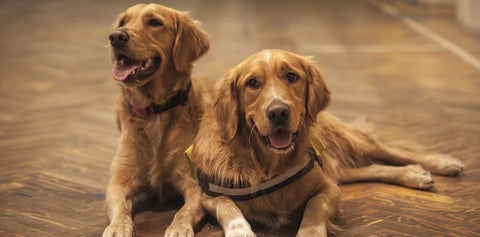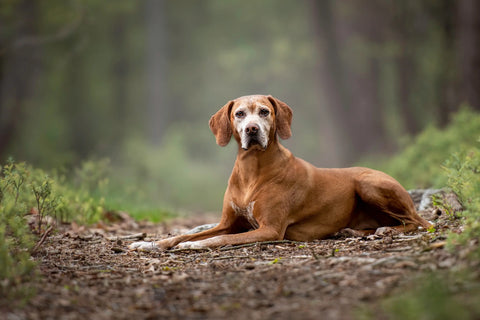

Kennel Cough: Symptoms and treatments
Infectious Bronchitis – or more commonly known as kennel cough – is a chest infection seen in canines. Like respiratory issues in humans, it can be caused by lots of different bacteria and viruses. And is normally caused by a combination of both.
Thankfully, it’s not normally dangerous and usually clears up within a few weeks. But puppies, elderly dogs or ones with pre-existing conditions can be susceptible to complications from kennel cough. So, it’s even more important to seek veterinary advice if your dog is in these categories and showing signs of kennel cough.
Kennel Cough symptoms
Think your dog’s got kennel cough? You’ll likely notice one of the below common signs:
- A strong cough – this is the most obvious sign
- A runny nose
- Sneezing
- Tiredness or lack of energy
- A change in appetite
- A small fever
What does a dog coughing sound like?
Understandably, the biggest sign of kennel cough is coughing – it’s in the name! But what does it sound like? Is it different to a normal cough? Well, yes and no. Occasionally, it can present itself as a normal, mild cough. But most of the time it will be a forceful and hoarse cough. And it may even sound like your dog has something stuck in their throat.

How do dogs catch kennel cough?
This disease is highly infectious in dogs, and is commonly caught in places with large amounts of dogs – like parks, training groups and kennels. It’s spread through droplets in the air – think breathing, touching noses or contaminated surfaces.
Is there a treatment for kennel cough?
For mild cases, your vet will likely recommend a week or two of rest. But in some cases, antibiotics and cough medicine may be needed to ease symptoms. There are also a few things you can do around the home to aid recovery:
- Keep your house well ventilated
- Use a harness instead of a collar and lead – pulling on the collar can aggravate the windpipe
- Provide plenty of water
Kennels and kennel cough

Going on a staycation this summer? Nervous about leaving your dog in a kennel while you’re away? Don’t worry, most reputable kennels and doggy day cares will request that every dog has received the kennel cough vaccination at least two weeks before staying with them. If your kennel doesn’t ask for this, we recommend not leaving your dog in their care.
Vaccinations are the best way to prevent kennel cough, and is a necessity if your pup spends lots of times in large groups of other dogs or kennels. Although not 100% effective, the vaccine significantly reduces the chance of catching kennel cough, and also reduces symptoms if they do catch it.
Think your dog is showing any signs of kennel cough? Get in touch with your vet right away for advice and a check-up. Looking for more health-related advice? Check out how to spot the signs of dementia in dogs, or take a look at our guide on the warning signs of cancer.



